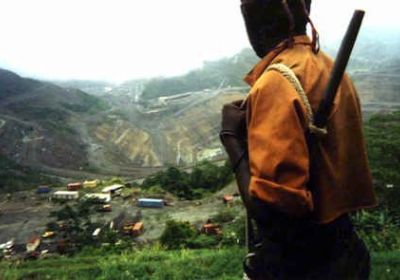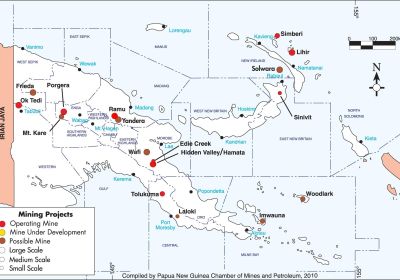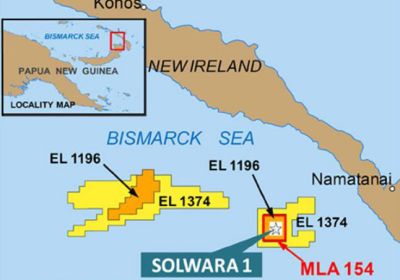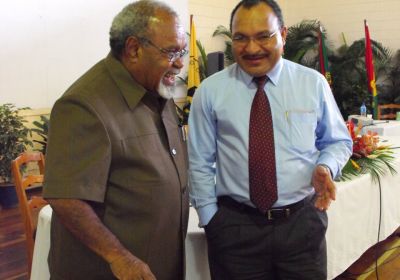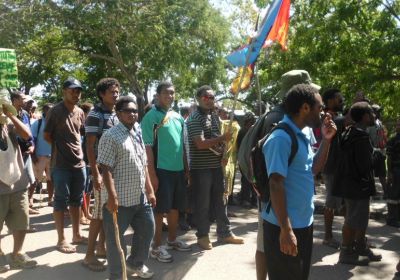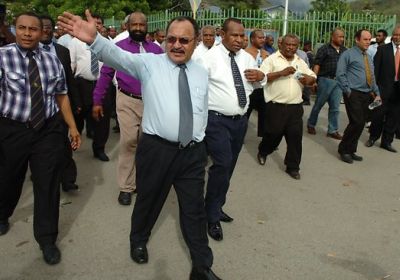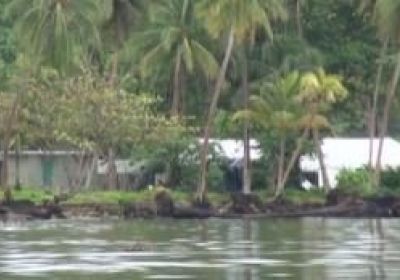
As asylum seekers face years of detention in the Nauru and Manus Island detention camps, where not a single claim has been assessed, the Australian government refuses to answer to scrutiny or calls for human rights oversight.
The ABC’s Four Corners and SBS’s Dateline have now tried to investigate the conditions inside each “regional processing centre”. The camps are believed to be abysmal, inadequate and places of widespread physical and psychological breakdown among detainees.
